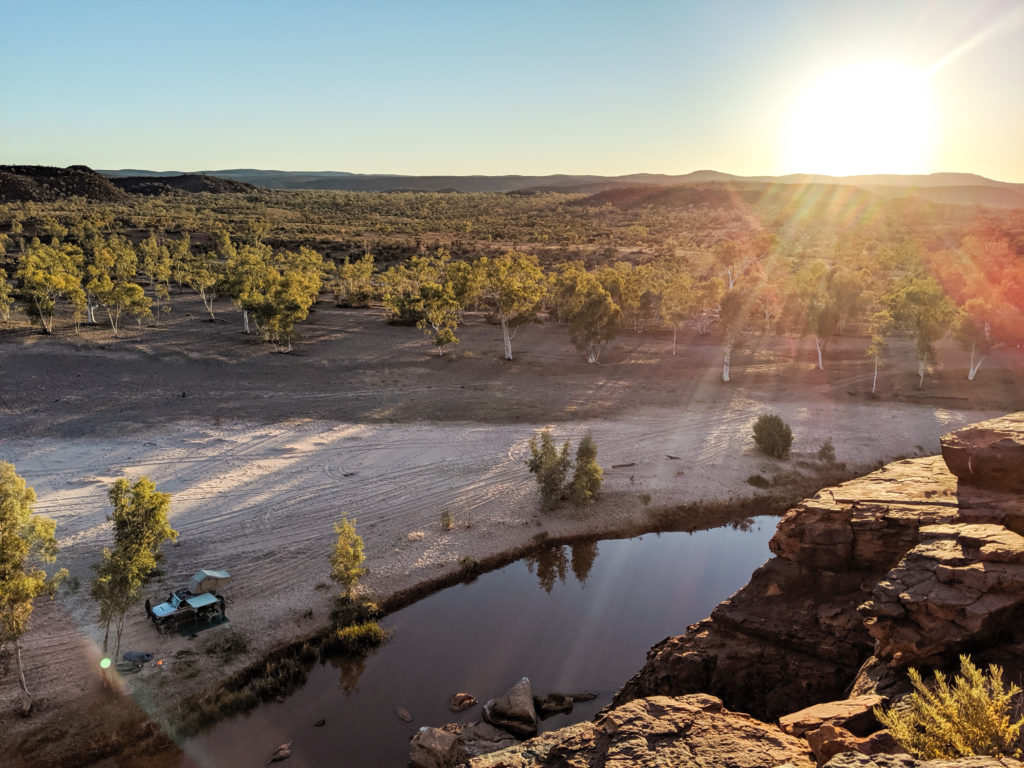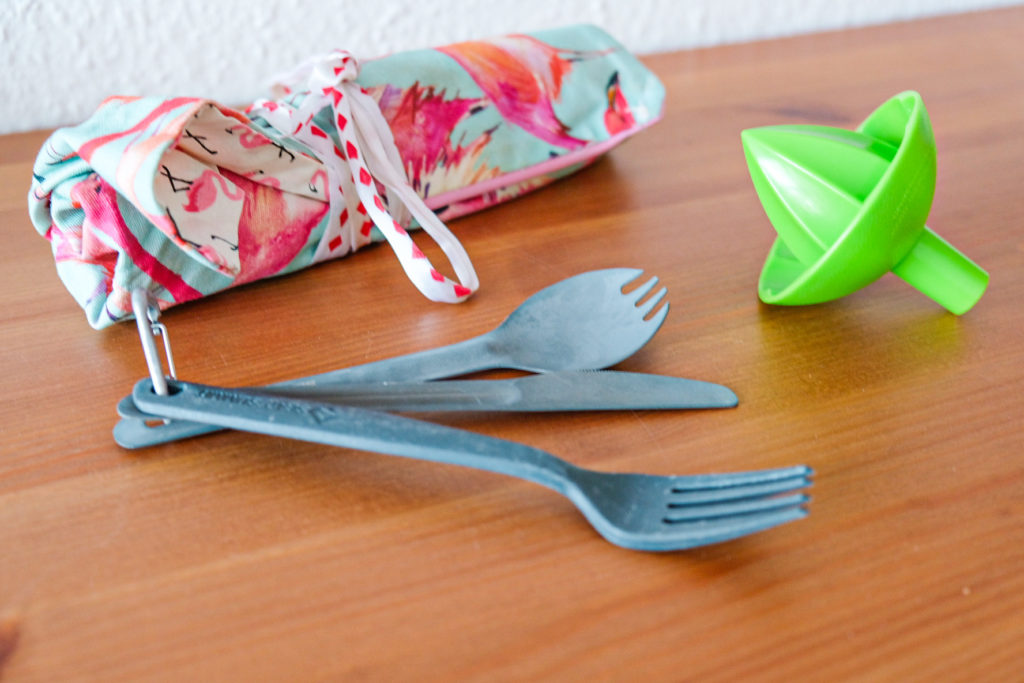My perspective on sustainable travel
What is sustainable travel and does it even exist? Sometimes I was insulted that if I already stepped foot on a plane, then I don’t have the right to talk about sustainable travel. On the one hand, I can understand that, but here I would like to explain my point of view.
There are many statistics that show that airplanes are a very large part of climate change and air pollution, that they are not sustainable. But I’ve just learned through my travels how important sustainability is. By seeing with my own eyes how much rubbish is lying around and what the opinions on climate change are in other countries, I have become more sustainable myself. I was inspired by great people and learned a lot and found new, more climate-friendly ways. I would very likely never have gotten these points of view if I had stayed at home.
Why it’s harder to be gluten-free AND sustainable
Gluten-free food is often double or triple wrapped in plastic because of cross-contamination. Sometimes it’s very comforting and sometimes I think if it really has to be like this. Of course, you should always be as sustainable and respectful of nature as possible. But especially if the chosen gluten-free diet is based on a celiac disease diagnosis, health should take priority over sustainability and a little plastic should be accepted to protect against traces of gluten. Of course, it would also be nicer here if this packaging could become more sustainable. But I personally feel safer when I get a roll in a restaurant that has been baked in the special packaging without getting contaminated, instead of being offered in a bread basket like all other rolls containing gluten.
Ways to be sustainable on the go
Instead, I try to save on other points, such as disposable cutlery or takeaway meals. So when I travel, I always have my own little set with me. The set consists of, among other things, reusable cans and cutlery, chopsticks and sharp knives. Cans are great for storage in the hostel without leaving any traces or as a replacement for plates and cutting boards if the hostel kitchen is dirty or you are preparing a snack on the go.
I also always have my own drinking bottle with me. Preferably double-wall-insulated, then it keeps the drinks cold or warm forever.
My rules for more climate-friendly travel
I’ve made my own rule: As far as possible, I did not allow myself any domestic flights and sometimes took the bus for about 3 days instead of a 3-4 hour flight. This also has the advantage that you can get to know and see the country and its people better.
The longer you stay in one place, the more sustainable and cheaper it becomes. Not only because slow travel makes you more likely to change to a bus, but also because you tend to use leftover (takeway) food and also go food shopping, all of which you consume for days. This results in less waste, you even save money and do something good for nature on the side.
When things went faster, I packed everything up and took it to the next hostel or cooked it in advance and used it as a snack. But be careful! If you are traveling in Australia, think about the biological controls between the states. Not infrequently I still had fresh fruit and vegetables with me and had to hand them in at the border. Sometimes there were places on both sides to put the food down for others to take out. So someone who forgot about it didn’t have to throw the good food in the trash and if you were lucky, there was also someone who was forgetful behind the border, so that you could find new food. If there weren’t any such places, I would quickly pull out the camping stove and process the food. It took some time, but it also saved time over the next few days.
However, I can tell you that it doesn’t always work, so I ate almost a whole watermelon once in one sitting
On hikes I always have a garbage bag with me in which I can stow my own rubbish. Over time, I’ve noticed how much litter is left behind in nature, in national parks, and on the roadside. So that I began to collect this waste and take it with me to the next trash can. Personally, I don’t understand how people can just throw so much plastic into nature and probably not even have a guilty conscience.
I think it’s great when you can give something back to the country you are traveling through. I’m interested in a country I’m traveling to and I want to get to know it as best I can. This includes showing respect for nature and the locals, as well as their culture, and learning from them.
When I came to a new country, I often checked out appointments for beach cleanups first. On Maui in Hawaii, USA, for example, you can get recycled garbage bags from the Pacific Whale Foundation and fill them up and hand them over again afterwards.
Since in Australia and New Zealand a lot of attention is paid to biological contamination and flora and fauna, I learned there to differentiate between organic waste. Because even if you just throw a nibbled apple into the bushes here, serious problems arose in earlier times in Australia due to imported and abandoned animals or plants. That’s why I didn’t leave an apple stump or a banana peel in a national park.
The best places to stay for gluten-free travel
Most of the time I stayed in a hostel. As a single traveler, you can come into contact with others more quickly. As a celiac, it also has the advantage of a kitchen that you usually don’t have in a hotel and it is also better priced.
A disadvantage can of course be that the hostel is not as clean as a holiday apartment, for example, and the risk of cross-contamination increases. I often felt more at home in holiday apartments, and I did more shopping and cooking.
Personally, I think traveling helps you broaden your perspective and develop yourself. That of course you shouldn’t just fly in a senseless way or go on a cruise ship, but if it stays within limits it’s also acceptable for the climate.
Conclusion
Personally, I think traveling helps to broaden your perspective and develop yourself. That, of course, you shouldn’t just fly in a senseless way and take a cruise ship, but if it stays within limits it’s also acceptable for the climate.
Sometimes you get so stuck in your routines that a new perspective is necessary. You often only get it when you break through normal patterns or travel to other places or countries. That’s why traveling is so important.







